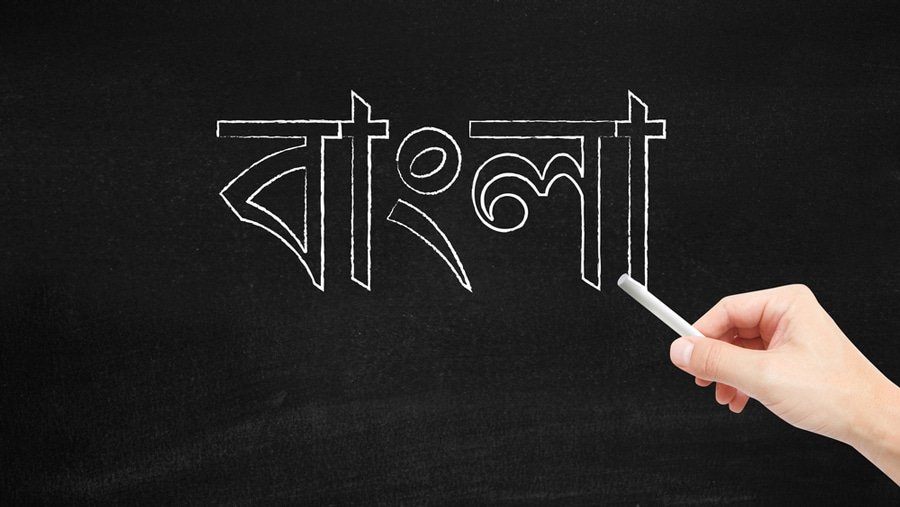Certified Bengali English Translation in Vadodara – Embassy & MEA Approved
Anaisha Translation provides certified Bengali to English and English to Bengali translation services in Vadodara for legal, academic, medical, technical, financial, and immigration purposes. Our translations are accepted by embassies, consulates, MEA, HRD, NORKA, international universities, government offices, and global verification bodies. All documents are translated by certified Bengali translators with expertise in formal Bengali writing, official formats, and authorized certification styles.
Whether you need certified Bengali translation for higher education, visa processing, job applications, court submissions, business documentation, or personal certificates, we ensure accurate, legally valid, and embassy-recognized translations. We provide digital delivery and fast courier service across Vadodara and nearby regions.
Why Choose Our Certified Bengali English Translation in Vadodara
Certified Bengali Linguists & Embassy-Level Format
Our translators are certified experts in Bengali and English language structures. We follow official certification formats accepted by government departments, global institutions, and international embassies. Each translation undergoes proofreading and verification to ensure complete accuracy and clarity.
100% Acceptance Guarantee
Our Bengali English translations meet MEA, Embassy, HRD, University, and immigration standards. Every document is formatted professionally for use in India, UK, USA, Canada, Australia, Europe, Middle East, and Asian countries. We maintain a 100% acceptance record in the last decade.
Fastest Delivery in Vadodara
- Standard Delivery: 24–48 hours
- Express Delivery: 12–24 hours
- Super Express Delivery: 6–12 hours
Soft copies are shared online, and certified hard copies are delivered via courier.
Document Types We Translate
We translate all major Bengali and English document categories. Below is our detailed translation chart for Vadodara clients:
| Document Type | Examples | Certification |
|---|---|---|
| Legal | Court Orders, FIR, Affidavits, Agreements, POA | Embassy + MEA + Notary |
| Personal | Birth, Marriage, Death Certificates, Name Change, PCC | Notary + Embassy |
| Educational | Marksheet, Degree, Diploma, Transcript, TC | HRD + MEA + Embassy |
| Medical | Medical Reports, Prescriptions, Clinical Certificates | Hospital + Embassy |
| Commercial | Trade Licenses, Invoices, Agreements, Company Docs | Chamber + Embassy |
Security & Confidentiality
We handle all documents with strict privacy, using encrypted systems for file transfer and secure storage. We follow ISO 27001 standards, and NDAs can be issued for sensitive documents. Your personal, corporate, medical, and legal information remains fully confidential.
Certified Bengali Translation & Legalization Process
Our step-by-step translation and legalization process ensures that each document becomes legally valid for both Indian and international use.
| Step | Details |
|---|---|
| Step 1 – Translation | Certified Bengali translators prepare accurate, 100% human translations. |
| Step 2 – Certification | Includes Notary, Embassy certification, MEA Apostille, HRD/NORKA if required. |
| Step 3 – Attestation Workflow | Notary → State Home Department → MEA → Embassy |
| Step 4 – Embassy Legalisation | Processing takes approximately 2–5 working days. |
Frequently Asked Questions
Are your Bengali translations accepted for visa and immigration?
Yes. Our translations are accepted by embassies, consulates, immigration offices, and global verification bodies.
Do you offer both Bengali to English and English to Bengali translation?
Yes, both directions are handled by certified translators.
Do you translate old handwritten Bengali documents?
Yes. We translate handwritten, typed, old-format, and archival Bengali certificates.
Do you provide MEA Apostille with translation?
Yes, apostille services are available for all Hague Convention countries.
Do you offer courier service in Vadodara?
Yes, courier delivery is available across Vadodara city and surrounding areas.
Vadodara Areas We Serve – Courier Only
Alkapuri, Sayajigunj, Karelibaug, Manjalpur, Gotri, Atladara, Tarsali, Fatehgunj, Akota, Waghodia Road, Ajwa Road, Vasna Road, Pratapgunj, and nearby regions.
About Our Bengali English Translation Service
Anaisha Translation is one of India’s most trusted certified Bengali translation providers. With 10+ years of experience, native Bengali linguists, professional editors, and embassy-approved formats, we deliver accurate and legally valid translations for study, immigration, jobs, legal matters, and corporate use.
Contact Us
Email: info@anatranslation.com
Phone: 9100392160
WhatsApp: 9100392160 (Instant Quote)
Website: www.anatranslation.com

